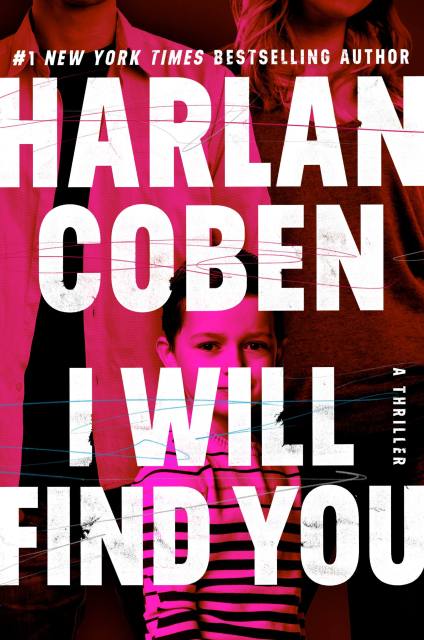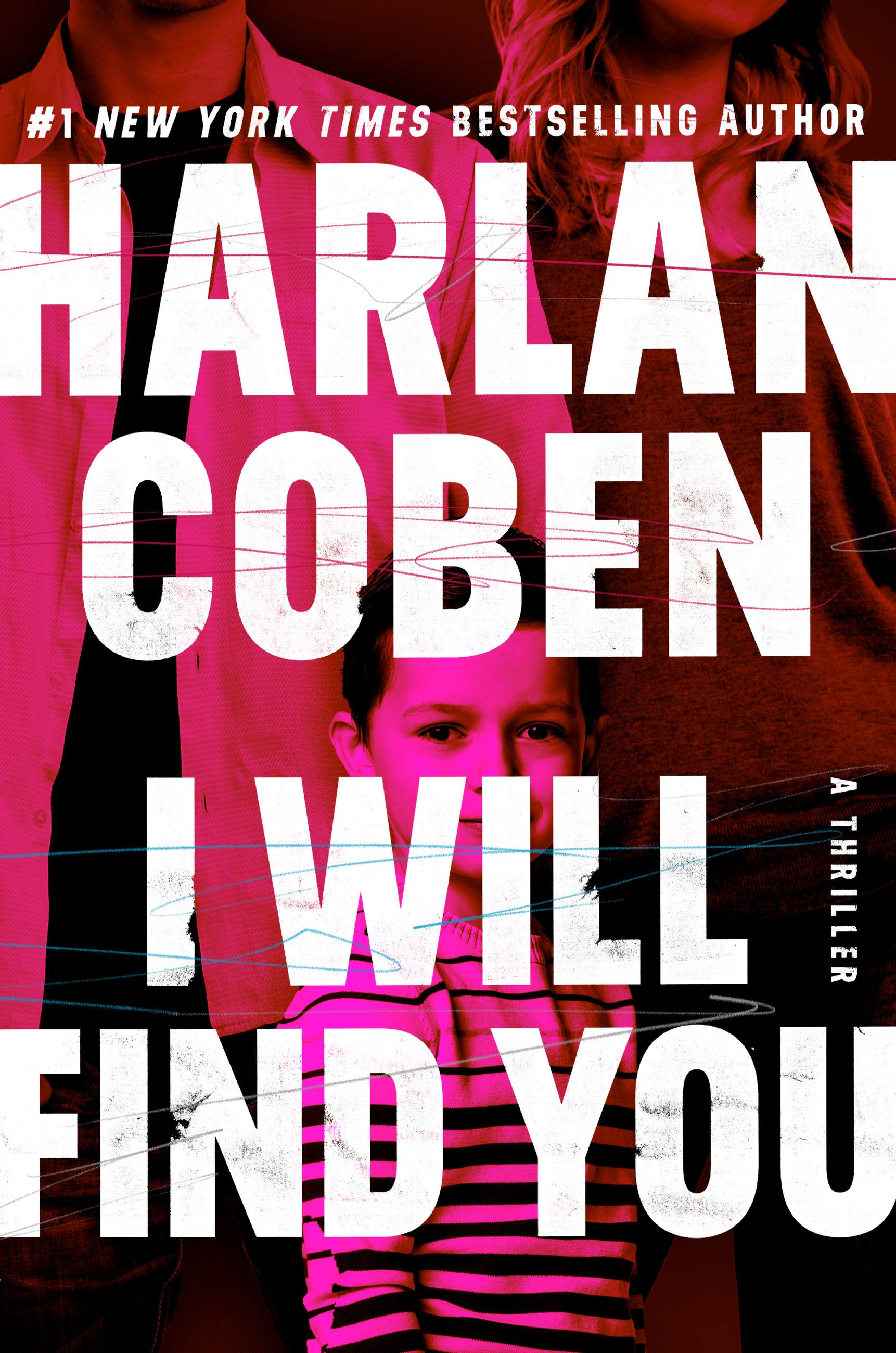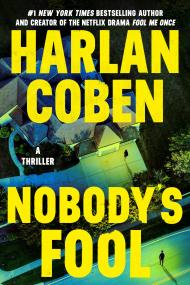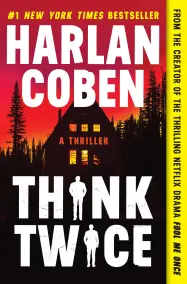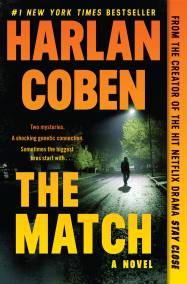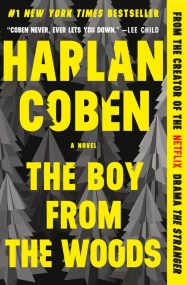By clicking “Accept,” you agree to the use of cookies and similar technologies on your device as set forth in our Cookie Policy and our Privacy Policy. Please note that certain cookies are essential for this website to function properly and do not require user consent to be deployed.
I Will Find You
Contributors
By Harlan Coben
Formats and Prices
- On Sale
- Mar 14, 2023
- Page Count
- 336 pages
- Publisher
- Grand Central Publishing
- ISBN-13
- 9781538748404
Price
$9.99Price
$12.99 CADFormat
Format:
- ebook $9.99 $12.99 CAD
- Hardcover (Large Print) $43.00 $54.00 CAD
- Trade Paperback $19.99 $25.99 CAD
This item is a preorder. Your payment method will be charged immediately, and the product is expected to ship on or around March 14, 2023. This date is subject to change due to shipping delays beyond our control.
Buy from Other Retailers:
David Burroughs was once a devoted father to his three-year-old son Matthew, living a dream life just a short drive away from the working-class suburb where he and his wife, Cheryl, first fell in love—until one fateful night when David woke to discover Matthew had been murdered while David was asleep just down the hall.
Half a decade later, David’s been wrongly accused and convicted of the murder, left to serve out his time in a maximum-security prison—a fate which, grieving and wracked with guilt, David didn’t have the will to fight. The world has moved on without him. Then Cheryl’s younger sister, Rachel, makes a surprise appearance during visiting hours bearing a strange photograph . . . in the background, just barely in frame, is a boy bearing an eerie resemblance to David’s son. David just knows: Matthew is still alive.
David plans a harrowing escape, determined to achieve the impossible–save his son, clear his own name, and discover the real story of what happened. But with his life on the line and the FBI following his every move, can David evade capture long enough to reveal the shocking truth?
-
"Coben plays out the suspense with a master craftsman’s impeccable technique."CrimeReads
-
"Harlan Coben is one of our greatest living thriller writers, and instantly engaging hooks like the one in I Will Find You are a big reason why."BookPage
-
"I Will Find You bristles with the irresistible storytelling nous that is Coben’s purview."Financial Times
-
"Compelling . . . A fantastically breakneck prison break/fugitive adventure story."The Guardian
-
"A real winner . . . just begs to be put in line for the same cinematic treatment that so many of Coben’s other novels have received.”BookReporter.com
-
"An exceedingly complex and intriguing murder mystery.”Winnipeg Free Press
-
"I Will Find You by Harlan Coben is a classic Coben novel (fast-paced and twisty)."AARP
-
"Contains all the Coben hallmarks that long-time fans have come to expect, and new readers will love: propulsive action, characters facing extreme stakes, dramatic family dynamics, and plenty of twists . . . A great summer read;Deadly Pleasures
a stay-up-all-night tale that could be another screen hit." -
"A series of twists and turns highlights another Great Harlan Coven novel. Nobody writes these kind of novels better than him. This is one you will not want to put down."Red Carpet Crash
-
"Coben excels in interesting secondary characters and I especially liked the two special agents that are after David Burroughs. They deserve a mystery all their own."TheMysterySite.com
Newsletter Signup
By clicking ‘Sign Up,’ I acknowledge that I have read and agree to Hachette Book Group’s Privacy Policy and Terms of Use
